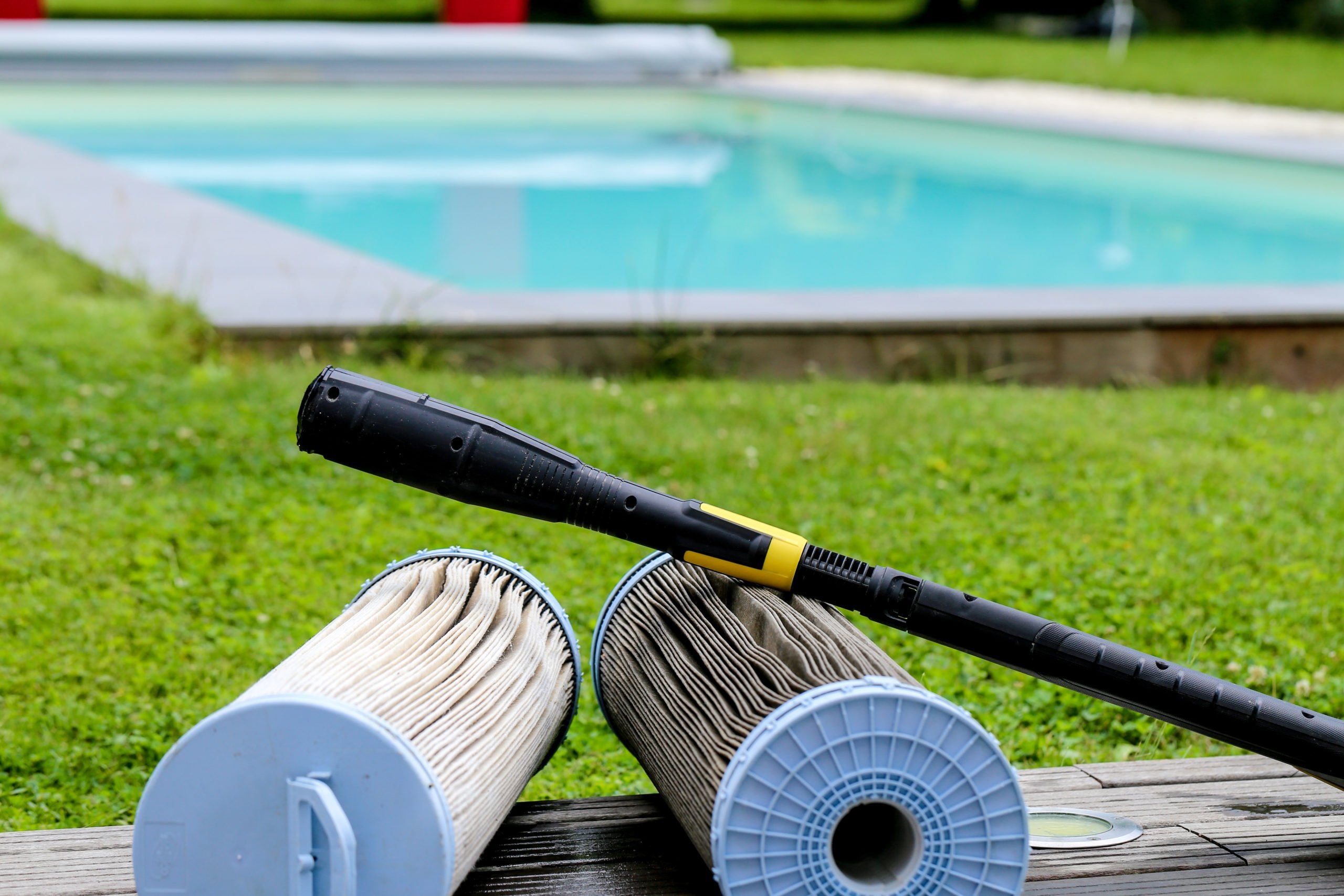Here is a summary of advice and information regarding the frequency and importance of cleaning pool filters:
1.**Cleaning Frequency**:
- Pool filters typically need to be cleaned every six months, but this depends on the type of filter, pool usage frequency, local weather conditions, and levels of chlorine and other chemicals in the pool.
- During the swimming season, it's recommended to clean the filter monthly, while during the non-swimming season, you might need to reduce the cleaning frequency.
- If the filter is too small, it might need more frequent cleaning than once a month. If it's too large, it might only need cleaning 3-4 times a year.

2. **When to Clean**:
- When you notice changes in water quality, such as sand or silt accumulating at the bottom of the pool, the water turning green, or other visible dirt and debris, this is often a sign that the filter is dirty or clogged.
- After periods of increased pool usage, such as hosting pool parties, you might need to clean the filter, as more people can introduce substances that can clog the filter, like body oils, hair products, and dead skin cells.
- Strong winds or storms can blow debris like sand, dust, and leaves into the pool, which will eventually make its way into the filter. If your area experiences particularly strong storms, check if the filter needs cleaning.
- If the pool needs to be topped up with water, check if the filter needs cleaning or replacement, as it takes some time for chlorine to kill off any remaining organisms in the water after topping up.
3. **Cleaning and Reusing Filters**:
- Many pool filters are designed to be cleaned and reused, which might be more expensive than disposable paper cartridges but can last for years, saving costs in the long run.
- When cleaning the filter, avoid using high-pressure water jets; instead, use a garden hose without a nozzle for rinsing.
- Avoid soaking the filter in bleach, as this can soften and damage the fibers. Most filters only require a specialized cleaning solution to loosen dirt, oils, and other debris.

4. **Filter Lifespan**:
- Even the best pool filters will wear out over time and need to be replaced. Most pool filters need to be replaced every 3 to 5 years, with high-quality filters possibly lasting up to 7 years.
- Sand filters typically need new sand every 3 to 5 years, but this schedule can vary depending on pool usage and any special circumstances.
5. **Consequences of Not Cleaning Filters**:
- If a pool filter is too dirty, it won't work effectively, leaving dirt, sand, silt, and other debris in the pool.
- Filters also help trap algae growth and other contaminants; neglecting cleaning can lead to more algae in the pool. This can result in unhealthy water that irritates your skin and sinuses every time you swim.
- A dirty filter means the pool pump has to work harder, leading to excessive wear and premature failure of the pump.
6. **Professional Advice for Maintaining a Clean and Healthy Pool**:
- Regularly clean the pool walls to loosen dirt and debris, allowing them to be rinsed through the filter, rather than accumulating along the walls.
- Regularly check the pool's chemical levels, adjusting chlorine and other chemical levels daily even during peak usage periods to ensure clean water.
- Monitor the pool's flow meter to ensure the water passes through the filter and chlorinator at a rate suitable for the pool's size.

In summary, regularly cleaning pool filters is crucial for maintaining clean, safe water and extending the lifespan of pool equipment. You should determine the best cleaning schedule for your pool based on your specific situation and usage frequency, and seek professional help when necessary.

